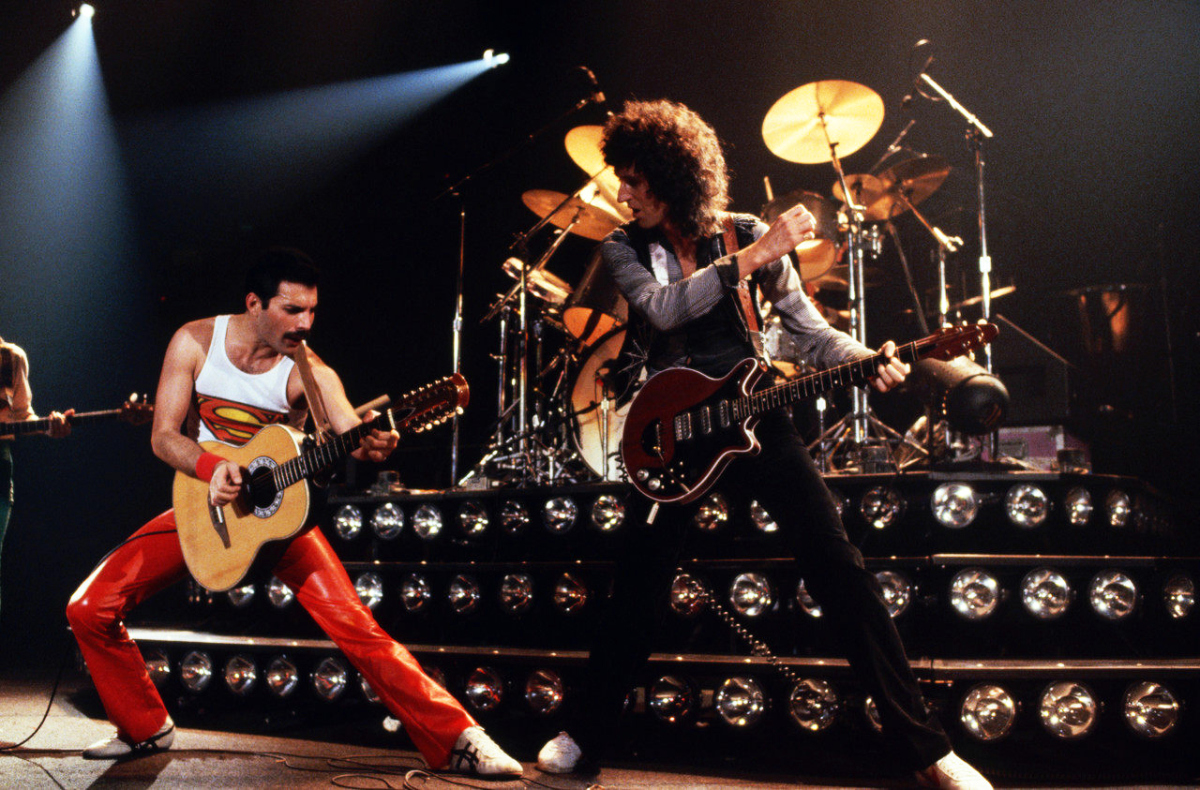More than a decade ago in a Paris bookstore I picked up French-Greek edition of The Gospel of John, Jean Evangile: traduit du grec, preface et annote par Bernard Pautrat. I read it in 2017 after I took three semesters of Ancient Greek with undergraduates. Most of the Christian scripture is easier to read than histories or philosophy in Ancient Greek and much easier than poetry or drama.
The Greek is a standard late 20th century international text. The French on the facing page is a contemporary translation. Greek is the language in which the apostles wrote, but not the language Jesus spoke. So the gospels are a combination of narrative with quotes from Jesus (and any other dialogue) that are translations of Aramaic and Hebrew.
When I began, I read the French first. I would read a sentence or paragraph then read the Greek. When I got stuck in both languages I would refer to David Bentley Hart's translation of the Christian scripture. He has a lot of notes. Since it is a one-man translation, a committee is not deciding on word choice or the flow of a passage. I like that better.
As I went along the Greek I took two decades ago started to come back. I know a lot of Greek grammar. As I read more, I remembered more vocabulary. By halfway, I was reading a Greek sentence first, then the French. By the end, Greek paragraph or two before switching to French.
In fact, since the Greek in John's gospel is so uncomplicated, I was more likely to puzzle over the French grammar by the end.
As a method of learning languages, I can only recommend this method to those who want to read. I know that if I really wanted fluency, I would have to immerse myself in one language until I was fluent. It would have been better if I started my immersion before the first grade. But reading keeps languages in my head and lets me experience a little of what a native reader of a language enjoys all the time.
Also, I have tried reading a dual-language text in which one of the languages is English. It is difficult not to lean on the English.
----
The Text Itself
Of the apostles who wrote the gospels and letters of the Christian scriptures only Luke was a native speaker of Greek. His gospel and the Acts of the Apostles, which he wrote, are much better Greek than the rest of the book. Which also means more difficult Greek.
Between my two readings of Jean Evangile, I joined a synagogue for the first time in my life and became a somewhat practicing Jew. This made the end of the gospel much more vivid and disturbing. John makes very clear the plots and intrigues of the Jewish leaders are why Jesus was crucified.
In the words of Jesus, it is very clear that Christianity should not have and money, power, buildings, or any connection to this world except to point people to the Kingdom of God. So the Jewish leaders represent any religious leader that has money and power.
But for the kind of person who thinks they can read a 2000-year-old twice translated book literally (Jesus spoke Aramaic and Hebrew, John translated his words in Greek, then the Greek got translated into English.) he would not look for the universal meaning of the actions of the Jewish leaders. The literal reading looks bad.






